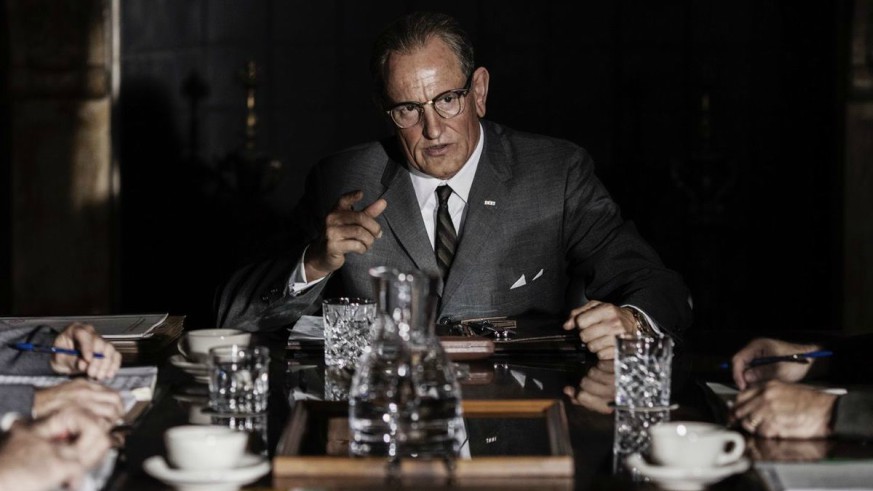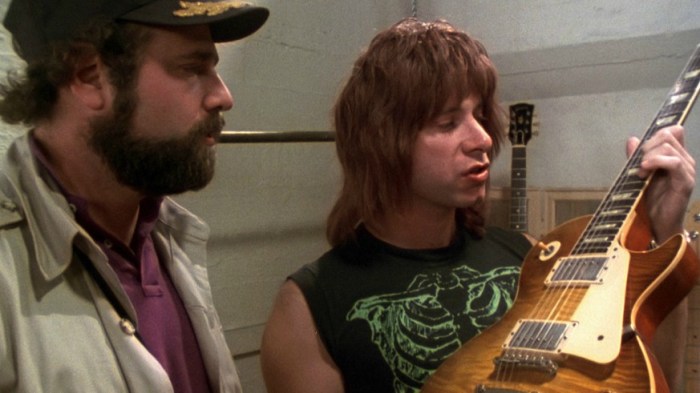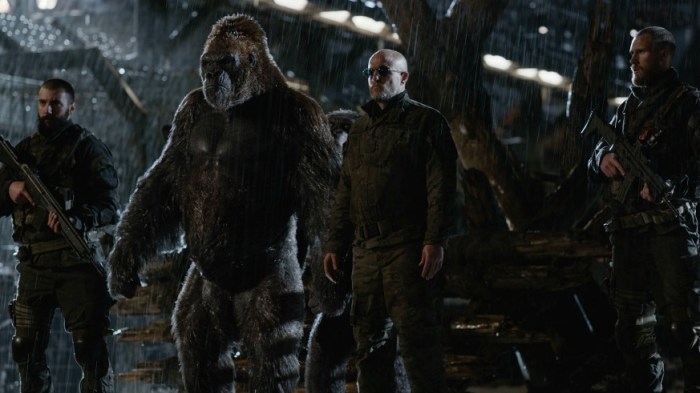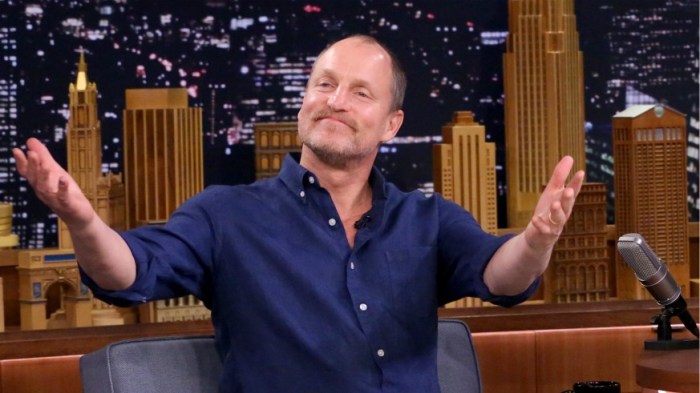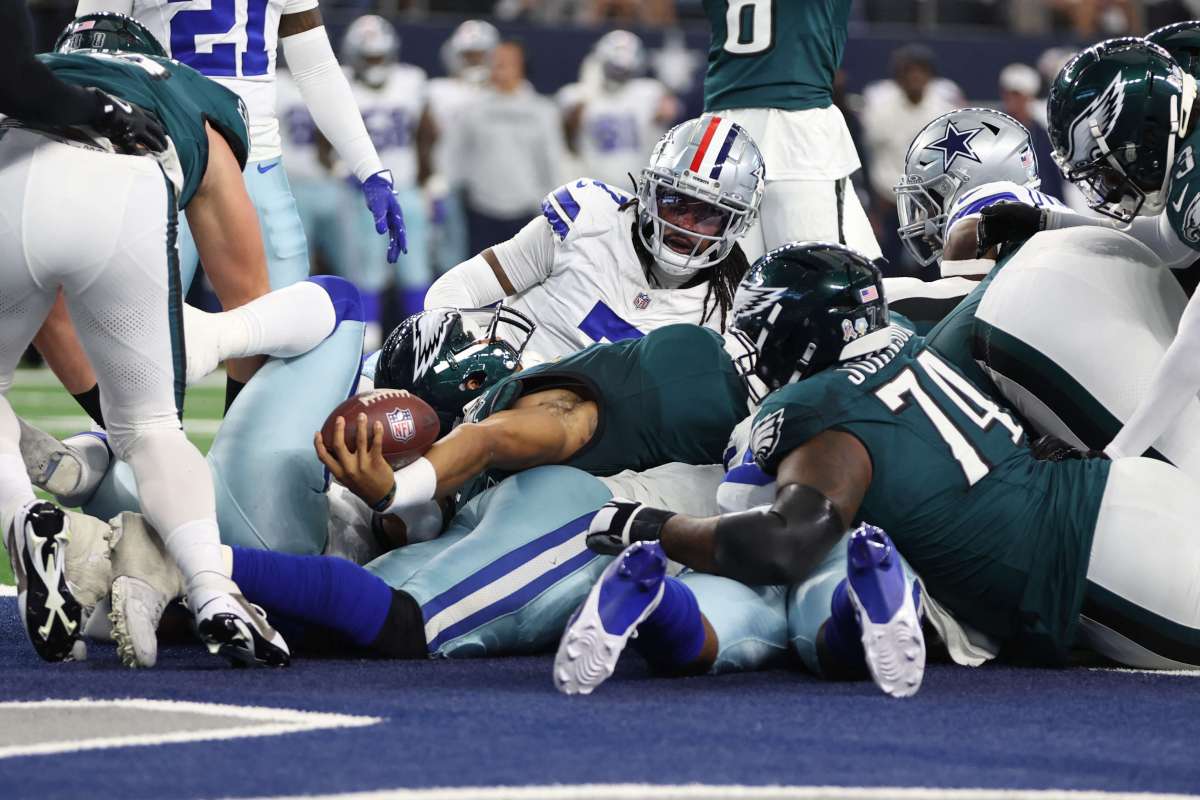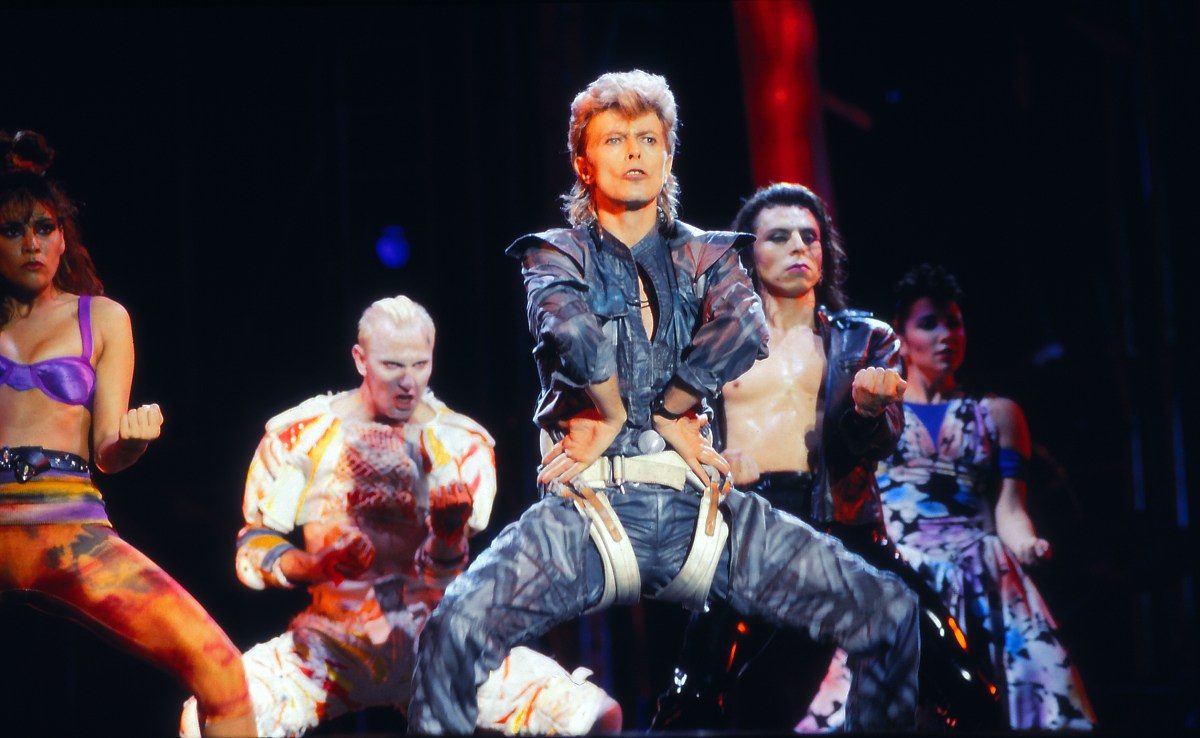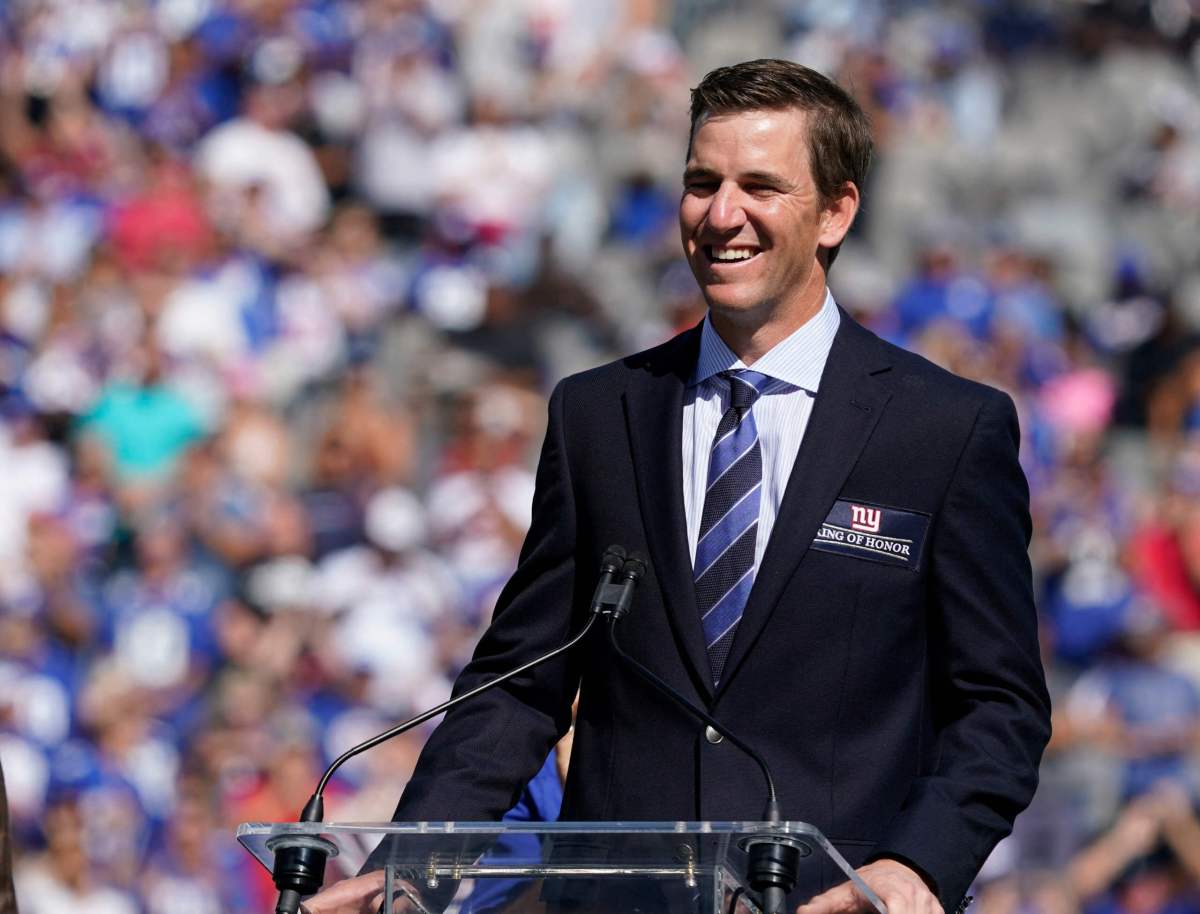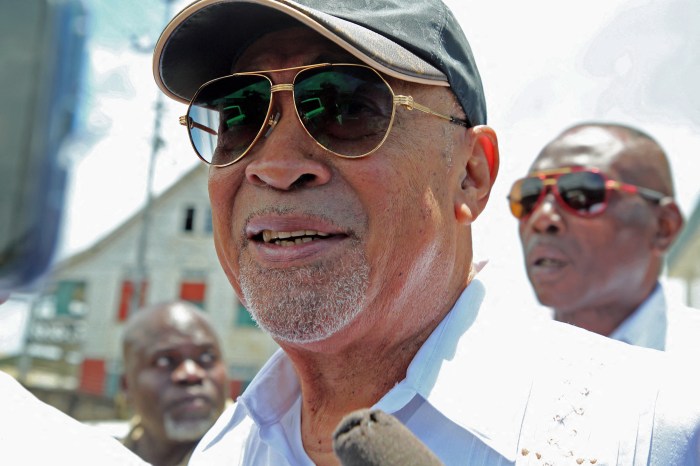Rob Reiner isn’t your usual 70-year-old. There’s a Churchillian restlessness and energy to the actor, writer, director, producer, activist, and bona-fide American national treasure that could reinvigorate a corpse.
Just one look through his CV as a director proves that Reiner isn’t one for sitting still. He has never seen the point of making a sequel, while he has always jumped from genre to genre, defining them along the way.
For those of you that need a little reminder of his prowess, Reiner started off in comedy (“This Is Spinal Tap”), then moved onto coming of age (“Stand By Me”), fantasy (“The Princess Bride”), romantic comedy (“The Sure Thing” & “When Harry Met Sally …”), horror (“Misery”), legal drama (“A Few Good Men”), and that was just his first six films as a director.
“It’s not like I am, ‘Let’s see I will do a thriller here, a romantic-comedy, fairy tale, satire, romantic drama.’ To me it is just, ‘What is the best way to tell this story? This is a story I am interested in, and there’s something I like it that I want to tell’,” Reiner insisted last month when I had the honor to sit down with the director at the Hamptons International Film Festival.
Rob Reiner was in attendance at the festival to discuss his 19th film as a director “LBJ,” his political drama about Lyndon B. Johnson’s sudden ascension to the presidency of the United States Of America after the assassination of John F. Kennedy. Reiner has a complicated history with LBJ, though, and during our discussion he admitted that he used to despise the 36th President Of The United States, insisting, “I hated him. I was of draft age in that period and I could have gotten killed in Vietnam.”
“LBJ” avoids the Vietnam War, though, which Reiner refers to as “the negative stuff,” and instead focuses on bringing the humanity out of this deeply “complex” individual.
“He had a lot of strength, he was like a bull in a china shop. But he had a tremendous amount of insecurity. I wanted to get into the complexities of his internal workings, and what kind of person he was.”
“To me this isn’t really a biopic. If it was we’d have to show his entire history. I wanted to show this one slither of what it is like when you have to assume the power of the Presidency after you have wanted it your whole life. But you didn’t want it this way because you are concerned that people don’t love you.”
Woody Harrelson was the man tasked by Reiner to bring Johnson to life. But while Reiner admitted that Harrelson had the sense of humor and deep “humanity” to really make his LBJ “feel three dimensional,” and much more than the reputed imposing political figure, Harrelson’s most appealing quality for Reiner was that he was simply from Texas. Because, according to Reiner, Texans share a kinship that meant Harrelson would immediately “understand” Johnson’s “mentality.”
For Reiner, though, the biggest change to “LBJ” happened two months after the film premiered at TIFF in September, 2016, and almost a year to the day after it was released in cinemas. Because when Donald Trump was elected president it completely changed the perspective of the film, as well as the entire world.
“It is a different film now. And it is bizarre,” Reiner declared during a conversation at the Hamptons International Film Festival just before I spoke to him. “Over the years there are films that you initially like but then you see them again and you like them even more. It is because time has passed and you have grown up and you have a different perspective on life. I had this experience with ‘It’s A Wonderful Life.’ I liked it, but then as I got older, and I saw how precious life is, that movie has greater meaning to me.”
“A similar thing happened over a shorter period of time with ‘LBJ.’ We screened it, audiences liked it and we thought it was good. And then an intervening event happened: the election of that person … You look at this film in context of what a real president was able to accomplish, and [compare it to] that person in the White House, I don’t even call him president, I don’t know what he is.”
“But one of the things that has been unearthed because of his rise is this incredible cancer and racism, and he gives it a megaphone. [“LBJ”] comes along at this time, and these are issues that have been dealt with in many different films, [but considering] where the country is right now it takes on a very different perspective.”
If anything, though, the rise of Donald Trump has only added an extra edge to “LBJ” and made it feel even more integral, something that you can discover for yourself now that it is in cinemas across the country.

